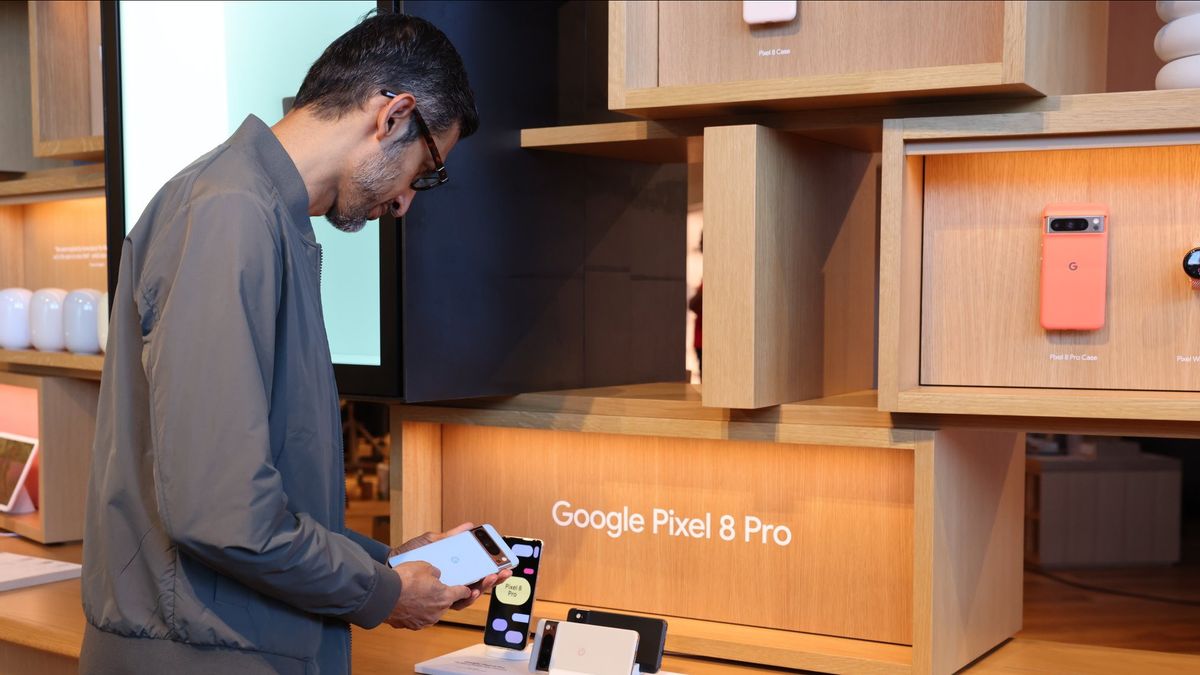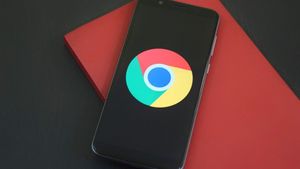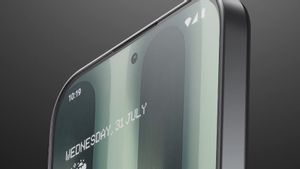Sundar Pichai, CEO of Google, criticized Microsoft's browser on Monday, October 30, in a rare antitrust battle with the US government. He also claims that his company's internet browsers and searches are easy to use and secure.
Pichai testified in a hearing that would determine whether Google was acting illegally to maintain its dominance in online searches and part of search ads. If the government wins, Google may be forced to stop some of the business practices that have helped it stay at the top.
In his testimony on Monday, Pichai made several attacks on Microsoft browser Internet Explorer.
Before Google launched its Chrome browser, which competes with Microsoft products, Pichai said, "The browser market at that time was a bit stagnant.
"They (Microsoft) weren't very motivated to increase browsers," he added. He also called Chrome a " dramatic increase" when it was launched in 2008.
He also said that Google made it easy to change Chrome browsers if users wanted to use search engines other than Google.
Pichai, who was called a witness for Google, will most likely be asked about the company's investment to maintain the dominance of online search engines, especially when smart phones begin to dominate and innovation in search ads.
SEE ALSO:
The government, in cross-checks, will likely also ask about the billions of dollars paid annually to smartphone makers like Apple and wireless carriers like AT&T to set up a default search for their devices to stay above.
The position in the search makes Google a big player in the profitable advertising market, its biggest source of revenue.
Google has argued that the revenue sharing agreement is legal and that the company has invested a lot to keep its search and advertising businesses competitive. The company also argued that if people are dissatisfied with the default search engine, they can, and do so, switch to other search providers.
The English, Chinese, Japanese, Arabic, and French versions are automatically generated by the AI. So there may still be inaccuracies in translating, please always see Indonesian as our main language. (system supported by DigitalSiber.id)


















